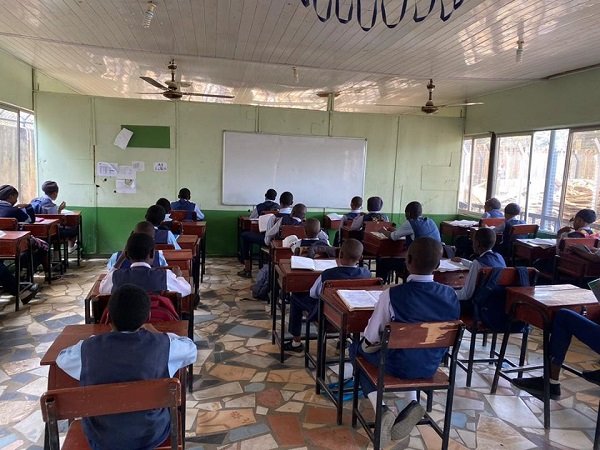The Teachers Registration Council of Nigeria (TRCN) and the United Nations Children Fund (UNICEF) have created a draft national action plan aimed at bringing an end to corporal punishment in schools.
Adamu Adamu, minister of education, reperesented by Binta AbdulKadir, director, senior secondary education department, said this on Tuesday at the national awareness creation meeting on ending corporal punishment in schools.
The minister said the federal government is in support of the action plan, adding that the plan will go a long way in protecting children’s rights.
“The federal ministry of education, therefore, endorses this plan to serve as a roadmap for ending corporal punishment in schools in line with the Child’s Right Act passed into law in 2003,” NAN quoted Adamu as saying.
Advertisement
“It will help to protect children’s rights.”
Josiah Ajiboye, registrar, TRCN, in his remarks, said corporal punisment is no longer effective in maintaining behaviour and discipline.
He called for more efforts to educate parents and teachers on the implication of corporal punishment, as well as the alternatives available.
Advertisement
“Globally, there is a paradigm shift from corporal punishment in schools because of its effect on pupils,” Ajiboye said.
“It has been proven to be ineffective, dangerous and an unacceptable method of controlling and maintaining behaviour and discipline.
“This is because it brings negative, rather than positive consequences, in the whole process of teaching and learning.”
Meanwhile, the development comes after reports of brutal consequences linked to flogging within school environments.
Advertisement
In May, Emmanuel Amidu, a JSS 2 student of Simple Faith Schools, Agbara, died after he was allegedly flogged by his teacher for failure to do his homework.
In February, the Lagos state government shut down Unic Vilos Montessori school after a two-year-old pupil was allegedly brutalised by her teacher.
Add a comment






